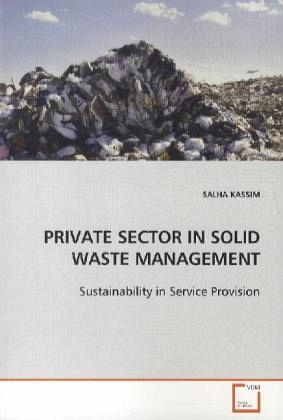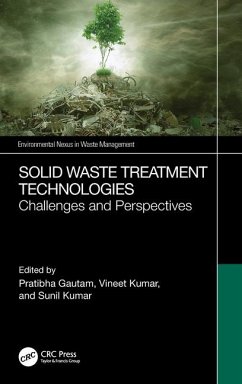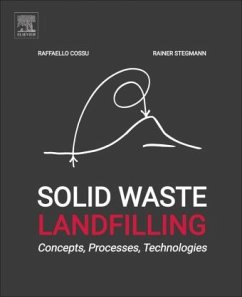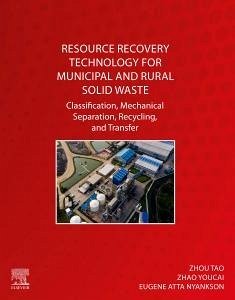
PRIVATE SECTOR IN SOLID WASTE MANAGEMENT
Sustainability in Service Provision
Versandkostenfrei!
Versandfertig in 6-10 Tagen
60,99 €
inkl. MwSt.

PAYBACK Punkte
30 °P sammeln!
When people hear about environmental management, mostof them think of planting trees, monitoringendangered species, global warming issues oranalysing water quality. Indeed, environmentalmanagement has more than that. It includes factorssuch as consumption of resources, creation of wastesand knowledge of properly handling the systems. It isbelieved that cities only occupy about 2% of theworlds land, but there are major consumers ofresources and produce more wastes that return tonature in the form of pollution.Improper Solid Waste Management (SWM) is one aspectthat contributes to pollute the env...
When people hear about environmental management, most
of them think of planting trees, monitoring
endangered species, global warming issues or
analysing water quality. Indeed, environmental
management has more than that. It includes factors
such as consumption of resources, creation of wastes
and knowledge of properly handling the systems. It is
believed that cities only occupy about 2% of the
worlds land, but there are major consumers of
resources and produce more wastes that return to
nature in the form of pollution.
Improper Solid Waste Management (SWM) is one aspect
that contributes to pollute the environment; hence
contribute in diseases and the death to the millions
of people. Cities in Africa are rapidly urbanising as
a result have not been able to cope with the rapid
increase of solid wastes. To improve the situation;
municipalities have engaged the private sector as a
partner on SWM. This book therefore, provides skills
for the sustainability of the private sector in SWM,
sheds some light and exciting approach and should be
especially useful to professionals in environmental
management, practitioners, governments, local
authorities, private sector and academicians.
of them think of planting trees, monitoring
endangered species, global warming issues or
analysing water quality. Indeed, environmental
management has more than that. It includes factors
such as consumption of resources, creation of wastes
and knowledge of properly handling the systems. It is
believed that cities only occupy about 2% of the
worlds land, but there are major consumers of
resources and produce more wastes that return to
nature in the form of pollution.
Improper Solid Waste Management (SWM) is one aspect
that contributes to pollute the environment; hence
contribute in diseases and the death to the millions
of people. Cities in Africa are rapidly urbanising as
a result have not been able to cope with the rapid
increase of solid wastes. To improve the situation;
municipalities have engaged the private sector as a
partner on SWM. This book therefore, provides skills
for the sustainability of the private sector in SWM,
sheds some light and exciting approach and should be
especially useful to professionals in environmental
management, practitioners, governments, local
authorities, private sector and academicians.












